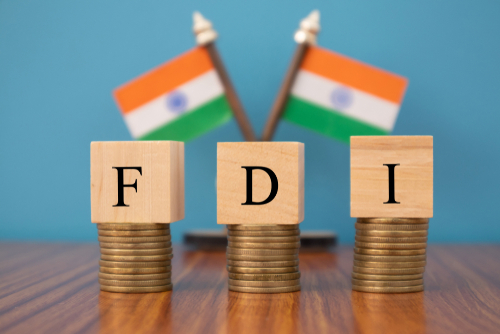No country should have any concern over India's new policy for foreign direct investment from specific nations, government sources said on Thursday, in a clear message to China which strongly objected to the fresh norms for FDI.
Around a week ago, India made prior clearance mandatory for foreign investments from countries that share land border with India to curb 'opportunistic takeovers' of domestic firms in the wake of economic downturn triggered by the coronavirus pandemic.
India's decision to tighten norms for FDI came amid reports of China eyeing to take over several Indian entities following fall in their valuation due to economic downturn in the wake of the pandemic.
China criticised India for the new policy, calling it discriminatory. The neighbouring country even demanded review of the policy.
Government sources said there shouldn't be concern over procedural changes made in the FDI policy, asserting that it doesn't prohibit investment from any country with which India shares its border.
They said many other countries have taken similar steps to protect their economies in view of the coronavirus pandemic.
Asked about questions over effectiveness of coronavirus testing kits procured from China, the sources said the Indian Council of Medical Research is looking into the issue.
On the issue of FDI policy, China said India's new norms violate WTO's principle of non-discrimination and are against the general trend of free trade.
The impact of the policy was clear on Chinese investors, a Chinese embassy spokesperson said earlier this week.
Chinese embassy spokesperson Ji Rong said China hoped that India would revise the 'relevant discriminatory practices' and treat investments from different countries equally while fostering an 'open, fair and equitable' business environment.
The spokesperson said China's cumulative investment in India has exceeded USD 8 billion, noting it is far more than the total investments by countries sharing border with India. According to official data, around 1,000 Chinese companies are operating in India at present.











